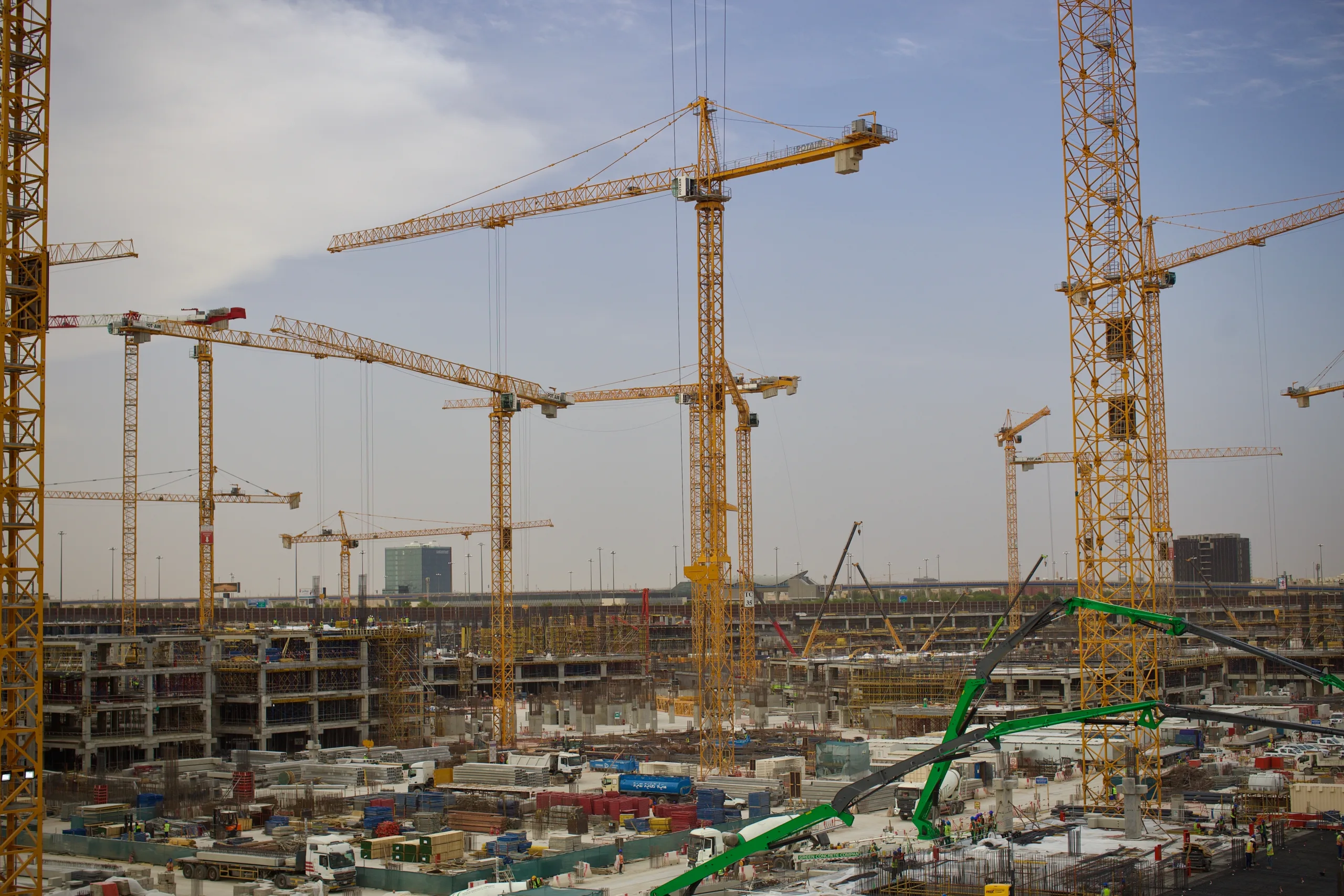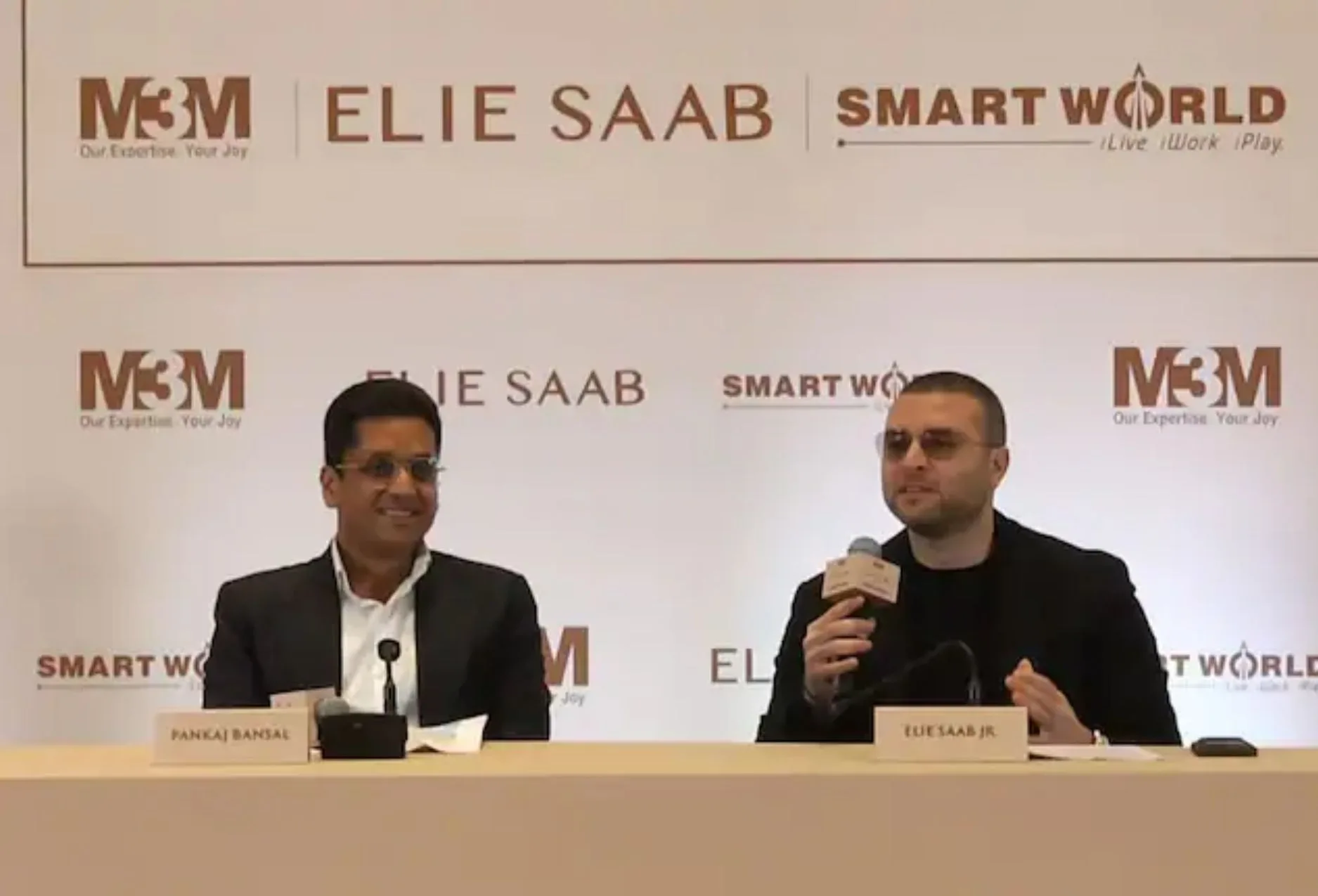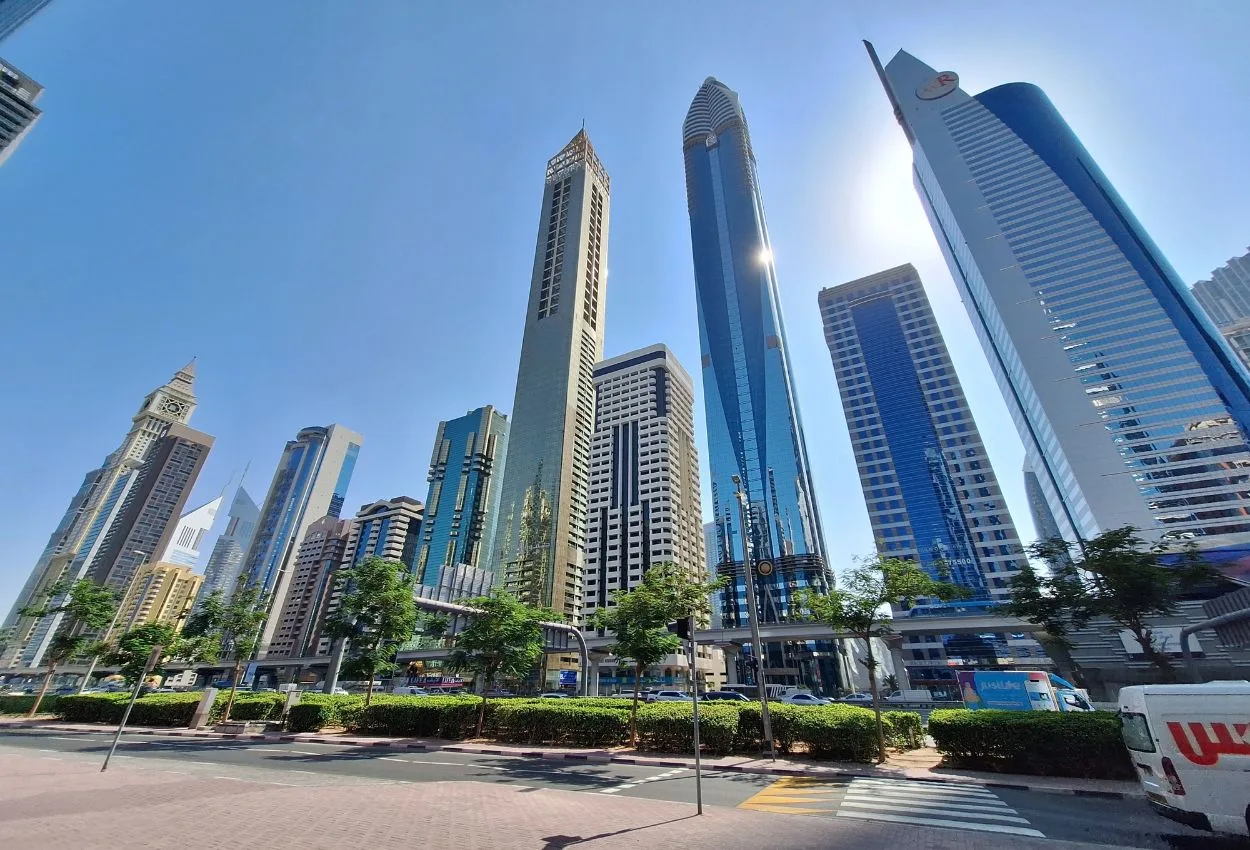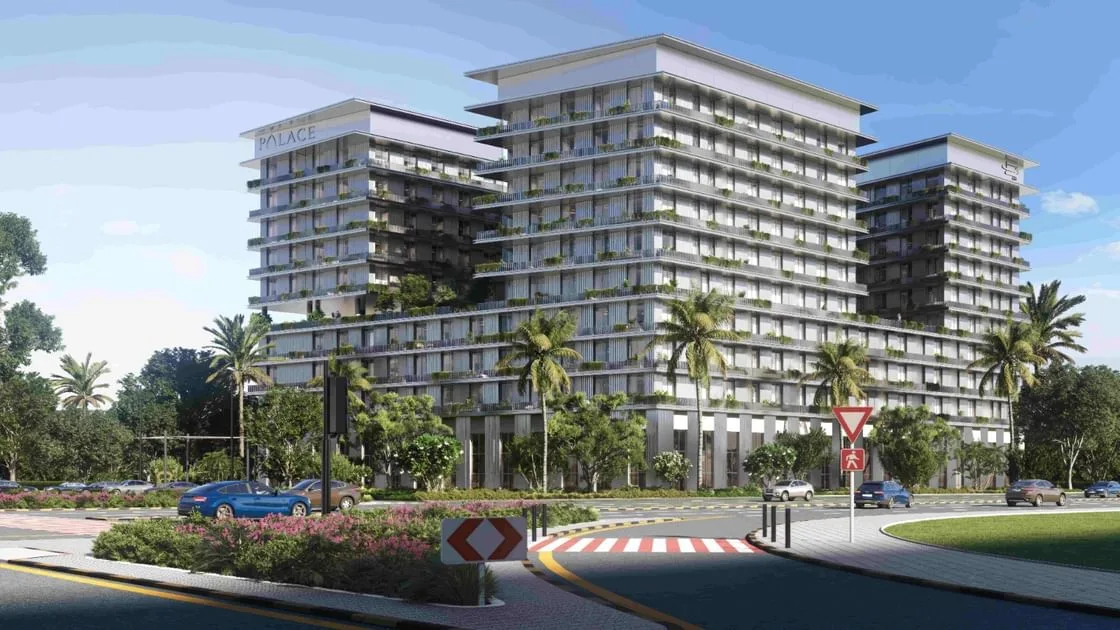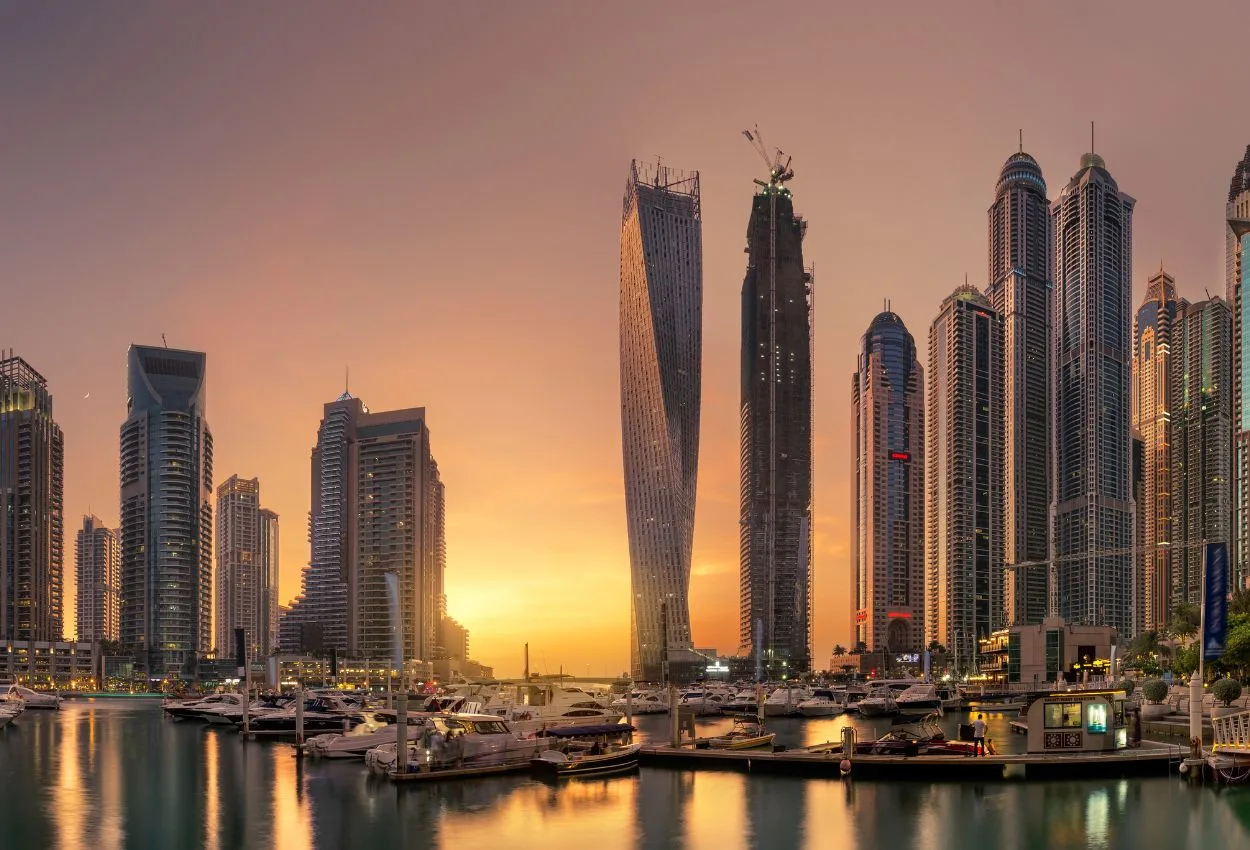Saudi Arabia has awarded $196 billion in contracts so far this year across its portfolio of “giga projects,” a 20 percent increase from 2024 as the Vision 2030 development drive shifts decisively from planning to execution, according to Knight Frank’s fourth annual Saudi Arabia Giga Projects Report.
The programme spans new cities, transport and utilities infrastructure, cultural and sports venues, and tourism destinations designed to diversify the economy beyond oil and expand employment and private investment. Riyadh is at the forefront of the build-out, with signature schemes including Diriyah Gate, King Salman Park and the 220 km Sports Boulevard intended to position the capital as a hub for culture, leisure and business. “Riyadh has firmly established itself as Saudi Arabia’s new economic powerhouse, accounting for 63 percent of all new jobs created in the Kingdom since 2019,” said Faisal Durrani, Partner and Head of Research, MENA at Knight Frank.
Since 2016, more than $237 billion of projects tied to real estate, infrastructure and transportation have been announced in Riyadh, with $44 billion already awarded in construction contracts, the report showed. The city’s population is projected to rise from 7 million in 2022 to 10.1 million by 2030. The development pipeline in the capital includes more than 340,000 homes, 4.8 million square metres of office space, 3 million square metres of retail and close to 30,000 hotel rooms.
Diriyah Gate, a $63 billion project built around the At-Turaif UNESCO World Heritage site and combining Najdi architecture with contemporary hospitality and retail, is among the largest components. At Diriyah, the total value of commissioned projects to date stands at $14.5 billion, with another $45.6 billion in the pipeline. Contracts worth $5.9 billion were awarded in 2024, with an additional $3.7 billion awarded in the first eight months of 2025, the report said.
Western Saudi Arabia has emerged as a centrepiece of Vision 2030, with 17 giga projects underway along the Red Sea coast, including NEOM, The Red Sea and Qiddiya Coast. Since 2016, investments of $431.3 billion have been announced in the western region, with $57 billion of contracts already awarded and $187.2 billion in the pipeline, Knight Frank’s figures showed. By 2030, these projects are expected to contribute more than 382,500 homes, 3 million square metres of offices, 4.3 million square metres of retail and 330,000 hotel rooms.
At NEOM and its sub-projects, construction contracts totalling $24 billion have been awarded to date, including $470 million for Magna, $3.31 billion for Trojena, $8.9 billion for The Line and $9.3 billion for Oxagon. Elsewhere across the Kingdom and at the national level, giga projects represent $132.3 billion in investment. Knight Frank is tracking $31.4 billion in commissioned projects and a further $85.3 billion in the pipeline. “Outside the major centres, projects are also enhancing liveability and integration, from developing Aseer and its Soudah Mountains to boost domestic tourism, to revitalising downtown districts through the Downtown Company,” said Harmen De Jong, Regional Partner and Head of Consulting, MENA.
Sports infrastructure is another area of focus. By 2032, more than a dozen stadiums are set for expansion, upgrades or new construction, with project values totalling about $17.5 billion, supporting Saudi Arabia’s plans to host the 2027 AFC Asian Cup and the 2034 FIFA World Cup. In entertainment, Saudi Entertainment Ventures, a Public Investment Fund subsidiary, is rolling out destinations with total investment above $4.7 billion and more than 570,000 square metres of retail space in the pipeline. Sites span Riyadh, Jeddah, Makkah, Madinah, Dammam and Abha, and will include cinemas, theme parks, family entertainment centres and retail. “Saudi’s strong pipeline of stadium and entertainment destination projects reflects not only the government’s ambition to host world-class sporting events and attract international visitors but also its strategy to diversify the economy and improve quality of life,” said Amar Hussain, Associate Partner for Research, MENA at Knight Frank.
